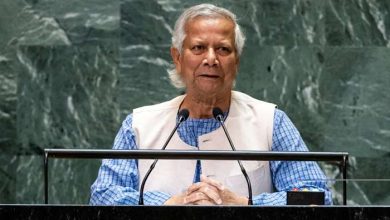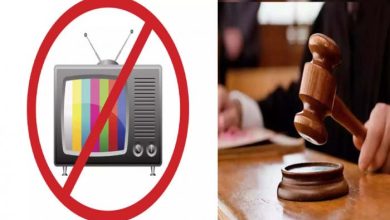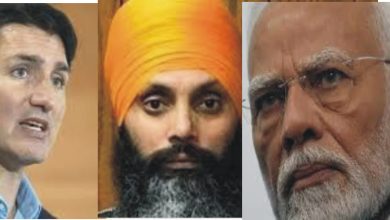‘Diplomatic disaster’: More Indian diplomat expulsions likely, says Canadian media
 Ottawa: The worst isn’t over yet for India and Canada’s diplomatic ties as reports of further expulsion of Indian officials surface in Canadian media.
Ottawa: The worst isn’t over yet for India and Canada’s diplomatic ties as reports of further expulsion of Indian officials surface in Canadian media.
According to Kashmir Media Service, the Ottawa-based Canadian Broadcasting Corporation (CBC) reported that “the six senior diplomats Ottawa has ordered out of the country may not be the last Indian officials to be expelled” as Canadian police carry out its investigation of the Indian government’s involvement in widespread violence in Canada.
As relations between the two countries continue to nosedive, CBC, citing anonymous sources, reported that a “network for India’s clandestine operations remains largely in place in Canada, although they [sources] think it’s likely that some members of that network will now depart voluntarily — and quietly — rather than risk arrest.” The operations have been described as complex and multifaceted, involving individuals acting both willingly and under pressure from Indian diplomats and their proxies. The killing of Hardeep Singh Nijjar, a Canadian Sikh activist murdered in Surrey, is seen as just one element of a much larger operation.
On October 14, Canada and India each expelled six diplomats, including their top envoys, in a historic diplomatic standoff. The Canadian government identified Indian High Commissioner Sanjay Verma as a person of interest in the ongoing investigation. This action followed India’s refusal to waive diplomatic immunity for its officials and cooperate with Canadian authorities regarding a “targeted campaign against Canadian citizens” allegedly orchestrated by Indian agents.
Criticism has mounted in Canadian media regarding the activities of India’s intelligence agency, the Research and Analysis Wing (RAW), not just in Canada but globally, particularly in countries with significant South Asian communities. Toronto Star columnist Robin V. Sears warned that India may face serious repercussions as a result of this diplomatic fallout, suggesting that any further violence against South Asian citizens could lead to sanctions and long-lasting diplomatic challenges.
Globe and Mail journalist Campbell Clark highlighted that Verma arrived in Canada with a clear agenda: to pressure the Canadian government regarding Sikh-Canadian activists advocating for an independent Khalistani state, reflecting a confrontational stance from the Indian government.
Andrew Coyne, also writing for the Globe and Mail, criticized the Modi administration for its refusal to engage with the Canadian investigation, questioning the legitimacy of its narrative about Khalistani threats. He noted that Canada provided multiple opportunities for India to participate in the inquiry but encountered persistent resistance, raising serious questions about the state of democracy under Modi’s leadership.








